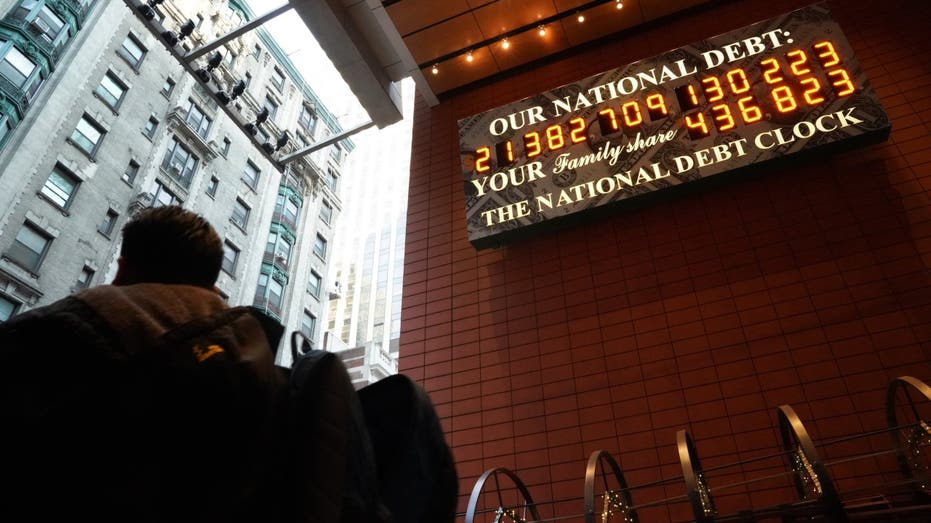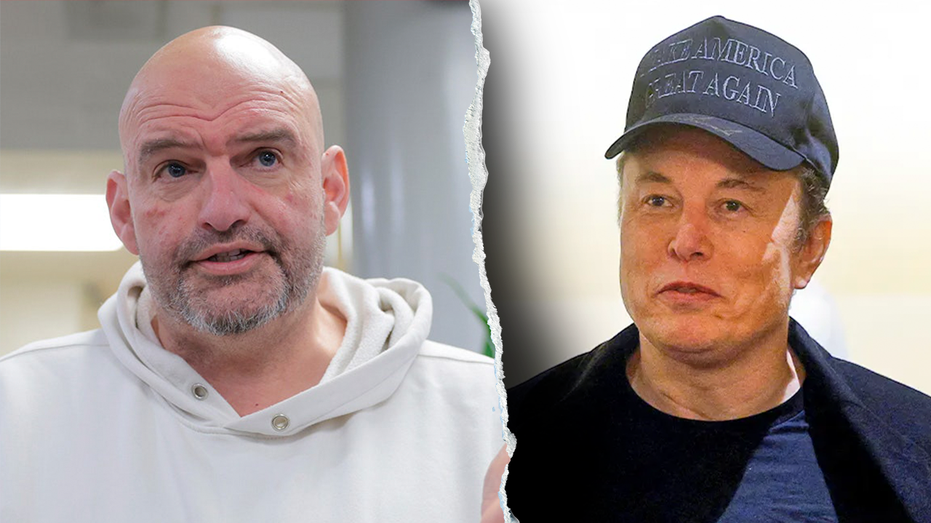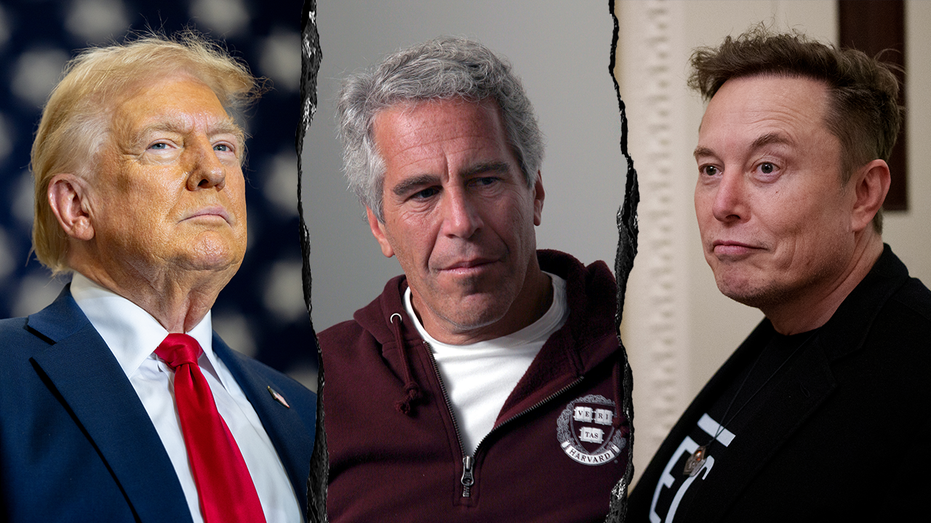Republican Senators Push Back Against Trump's 'Big, Beautiful Bill' Amid Debt Concerns
The proposed One Big Beautiful Bill could inflate the deficit by $2 trillion, igniting bipartisan debate and drawing criticism from Elon Musk.

President Donald Trump's sweeping "Big, Beautiful Bill" faces escalating resistance from both sides of the political aisle as it moves through the final legislative stages. Despite advancing through the House in late May by a razor-thin margin — 215-214-1 — the bill's potential impact on the national debt has triggered skepticism, even among prominent Republicans.
The legislation, seen as a cornerstone of the Trump administration’s policy agenda, encompasses a broad range of measures including tax reform, border security enhancements, immigration adjustments, defense spending, energy policy initiatives, debt ceiling expansion, and changes to entitlement programs like SNAP and Medicaid. The bill’s supporters argue that its tax cuts and policy reforms will unleash economic growth and strengthen the country’s fiscal position. However, nonpartisan budget watchdogs warn that the current draft could add more than $2 trillion to the federal deficit over the next decade, with the Congressional Budget Office estimating nearly $3.8 trillion in tax cuts partially offset by spending reductions elsewhere.
Some Senators, notably Sen. Rand Paul (R-Ky.), have emerged as vocal opponents, citing deep concerns about the plan’s proposed $5 trillion increase in the debt limit. “We have never raised the debt ceiling without actually meeting that target,” Paul said, warning that such an increase effectively guarantees higher federal borrowing and postpones much-needed fiscal discipline. Paul’s stand has been echoed by at least three other Senate Republicans, raising questions about whether the bill can secure passage in the upper chamber without significant revisions.
President Trump has publicly pushed back against the dissent within his party, criticizing what he called “playing into the hands of the Democrats.” On social media, Trump dismissed Paul’s objections and characterized the bill as a landmark opportunity for national growth, stating, “The BBB is a big WINNER!!!”
Adding another layer to the controversy, former Department of Government Efficiency chief Elon Musk—who recently stepped down—blasted the bill as “a disgusting abomination.” On Tuesday, Musk wrote, “This massive, outrageous, pork-filled congressional spending bill is a disgusting abomination. Shame on those who voted for it: you know you did wrong.” Musk expressed frustration specifically with new energy credits, arguing they only worsen the deficit situation.
The White House and congressional allies insist that projections from the Congressional Budget Office and other estimates are flawed, arguing that job creation and economic growth spurred by the package’s tax cuts will lead to greater revenues and ultimately mitigate the impact on the deficit. Press secretary Karoline Leavitt dismissed criticism, saying, “The blatantly wrong claim that the ‘One, Big, Beautiful Bill’ increases the deficit is based on... scorekeepers who use shoddy assumptions and have historically been terrible at forecasting.” To bolster public support, the administration launched an online tool for Americans to see their possible savings under the new law.
Fiscal concerns, however, continue to dominate the debate. The Treasury Department reported the national debt had reached a staggering $36.2 trillion as of Tuesday, with the deficit running at $1 trillion already this year. Lawmakers such as Rep. Scott Perry (R-Pa.) remain wary, noting, “We don't want to bankrupt the country,” and urging further spending restraints. As Sen. Ron Johnson (R-Wis.) proposes “line-by-line” spending cuts, the path forward remains uncertain.
If the Senate amends the House version of the One Big Beautiful Bill Act, the revised legislation will return to the House for a final vote before reaching the president’s desk. With both parties increasingly concerned about fiscal responsibility and the pace of federal borrowing, the fate of Trump’s signature legislative effort hangs in the balance, promising more late-night drama on Capitol Hill in the weeks ahead.




